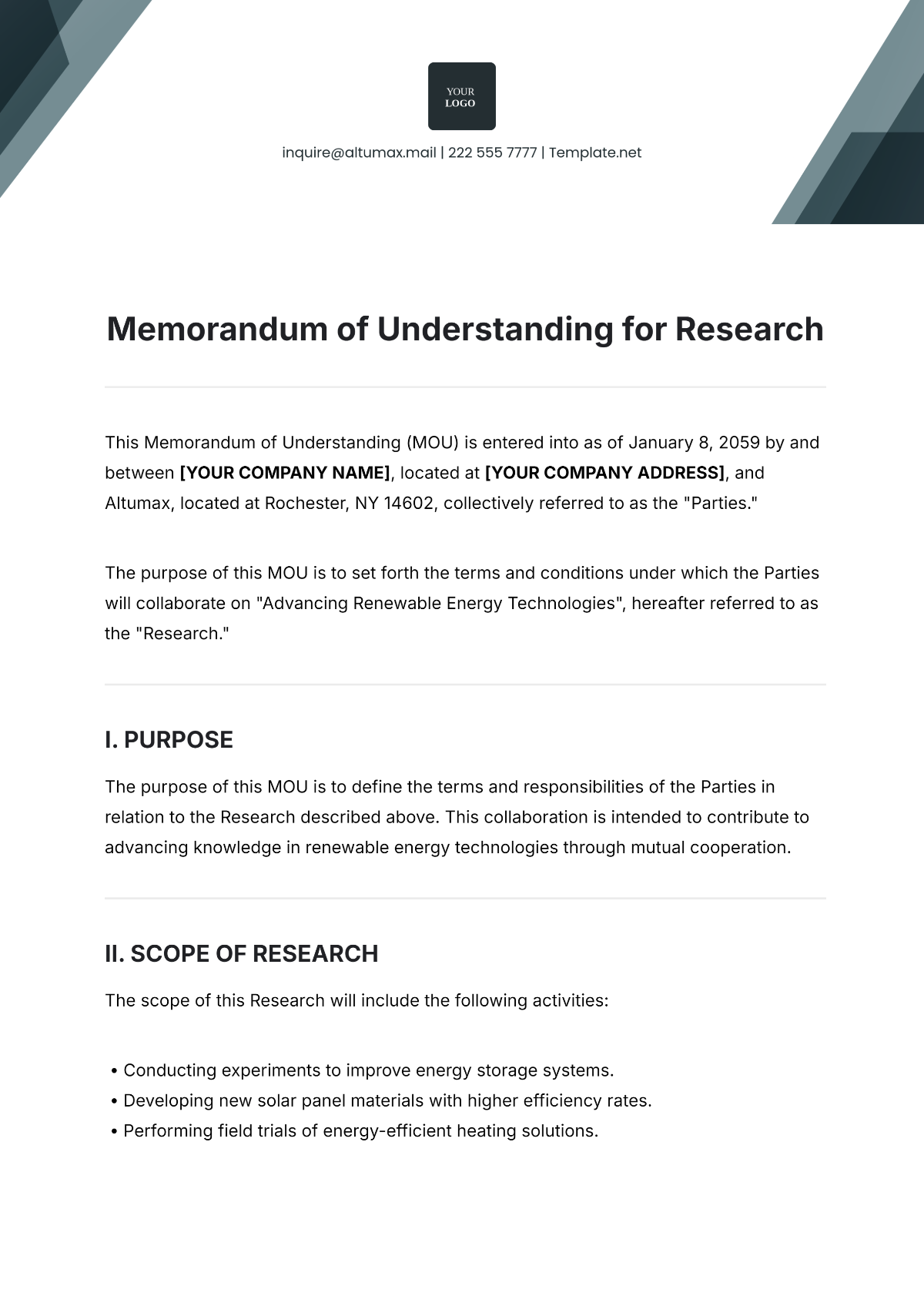Career Research
I. Introduction
Remote work, also known as telecommuting or telework, refers to a work arrangement in which employees do not commute to a central place of work but instead work from home or another location. This trend has gained popularity in recent years due to advancements in technology, changing attitudes towards work-life balance, and the need for businesses to adapt to a rapidly evolving global economy.
II. Benefits of Remote Work
Flexibility: Remote work offers employees the flexibility to create a work schedule that suits their needs. This flexibility can lead to higher job satisfaction and improved work-life balance.
Cost Savings: Both employees and employers can save money on commuting, office space, and other associated costs.
Increased Productivity: Many studies have shown that remote workers are often more productive than their office-based counterparts, due in part to fewer distractions and interruptions.
Access to a Global Talent Pool: Remote work allows companies to hire the best talent from around the world, without being limited by geographic location.
Environmental Benefits: Remote work can help reduce carbon emissions and alleviate traffic congestion by decreasing the number of people commuting to work.
III. Challenges of Remote Work
Communication: Remote work can lead to communication challenges, as employees may feel isolated and out of touch with their colleagues.
Collaboration: Collaborating on projects can be more challenging when team members are not physically present in the same location.
Security Risks: Remote work can pose security risks, as employees may be using unsecured networks or devices to access company information.
Work-Life Balance: While remote work offers flexibility, it can also blur the lines between work and personal life, leading to burnout.
Employee Engagement: Keeping remote employees engaged and motivated can be a challenge for managers, especially when team bonding activities are limited.
IV. Future Trends in Remote Work
The future of remote work is likely to be shaped by several key trends, including:
Advancements in Technology: Technologies such as artificial intelligence, virtual reality, and augmented reality are likely to play a greater role in enabling remote work.
Hybrid Work Models: Many companies are adopting hybrid work models, where employees split their time between working remotely and in the office.
Digital Nomadism: The rise of digital nomadism, where individuals work remotely while traveling, is expected to continue, fueled by a desire for more freedom and flexibility.
Increased Focus on Well-being: Companies are likely to place a greater emphasis on employee well-being, recognizing the importance of mental health and work-life balance.
Globalization of the Workforce: Remote work is likely to lead to a more globalized workforce, with teams collaborating across different time zones and cultures.
Chart 1: Percentage of Companies Offering Remote Work
V. Best Practices for Remote Work
To ensure the success of remote work arrangements, both employees and employers should follow best practices, including:
Establish Clear Communication Channels: Use tools such as email, instant messaging, and video conferencing to stay connected with colleagues.
Set Specific Work Hours: Establishing a routine can help remote workers stay productive and maintain a healthy work-life balance.
Create a Dedicated Workspace: Having a designated workspace can help remote workers separate their work and personal lives.
Provide Adequate Training and Support: Employers should provide remote workers with the necessary tools, training, and support to succeed in their roles.
Encourage Regular Breaks: Taking breaks throughout the day can help remote workers avoid burnout and maintain their productivity levels.
VI. Conclusion
Remote work offers numerous opportunities for both employees and employers, from increased flexibility and cost savings to access to a global talent pool. By understanding the benefits, challenges, and future trends associated with remote work, individuals and organizations can make informed decisions about how to best leverage this growing trend to achieve their career goals.
VII. References
Anderson, M. (2050). The Future of Remote Work: Trends and Challenges. Harvard Business Review.
Smith, J. (2050). The Benefits of Remote Work for Employers. Journal of Business Management.
Brown, A. (2050). Remote Work Best Practices: A Guide for Employees. Wiley Publishing.
White, S. (2050). The Digital Nomad Lifestyle: How to Work Remotely and Travel the World. Penguin Books.
[YOUR COMPANY NAME]. (2050). Remote Work Policies and Procedures. [YOUR COMPANY WEBSITE]
This research was conducted by [YOUR NAME] who is affiliated with [YOUR COMPANY NAME]. For further questions, reach out through the following:
Email: [YOUR COMPANY EMAIL]
Address: [YOUR COMPANY ADDRESS]
Website: [YOUR COMPANY WEBSITE]
Social Media: [YOUR COMPANY SOCIAL MEDIA]

















































